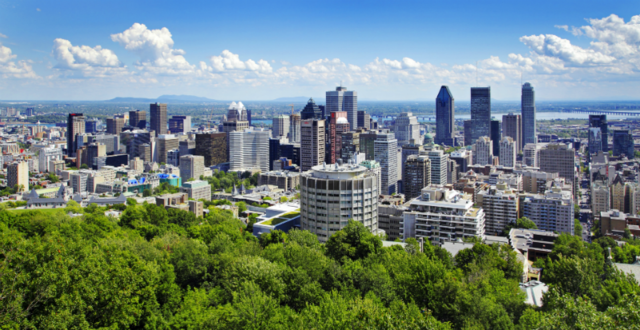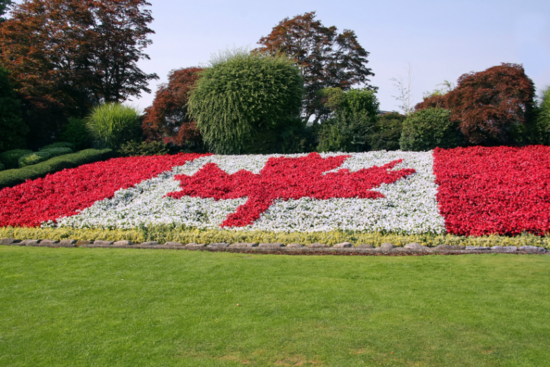The universities from Canada are preferred by more than 130,000 international students yearly. Offering a high-quality teaching system, Canada is also rich in possibilities and cultures. Research, scientific publications and international collaborations are three of the aspects that Canada and its universities focus on.
Want to go straight to reading about Canadian student visa requirements for your country? Check out a few examples below:
- Turkish students applying for Canadian visa;
- Indian students applying for Canadian visa;
- Iranian students applying for Canadian visa;
- Nigerian students applying for Canadian visa.
1. Decide on a university to apply to and get your acceptance letter
If you’re still not sure where you want to study in Canada, you will have to decide before you can start your student visa application process. After being accepted at a Canadian university, you’ll get an acceptance letter required for visa application.

Find the right universities depending on the discipline you want to study:
Consider some of the best universities in Canada:
- University of Toronto;
- Athabasca University;
- University of British Columbia;
- University of Winnipeg;
- York University;
- Simon Fraser University;
- McMaster University.
2. Check if you need a student visa for Canada
You don’t need a study visa (or study permit) for Canada if you are in one of the following situations:
- You are a family or staff member of a foreign representative in Canada, who is accredited by the Department of Foreign Affairs, Trade and Development Canada.
- You enrol in a programme that lasts less than six months
- You are a member of foreign armed forces from the Visiting Forces Act
- You are a citizen of another country, but you have an Indian status registered in Canada
However, you will need an Electronic Travel Authorization (eTA) to fly to Canada.
3. Apply for the Canadian student visa
As soon as you got the acceptance letter from the university, it is time to proceed to the next step: applying for a student visa, which is locally known as a student permit.
The first steps to obtain your student visa:
- Apply online for your Canadian student visa, on the Citizenship and Immigration Canada (CIC) website before you arrive in Canada;
- In countries with limited internet access it's also possible to apply for visa on paper;
- Provide an acceptance letter from a designated learning institution (a university recognized by the Canadian government);
- Deliver proof of sufficient financial resources to support your studies in Canada (tuition fees and living expenses);
- Have no criminal record;
- Submit clinical records that state you are in good health and complete medical examinations if required.
Useful tip: check out if your country is on the list of biometrics requests for the study permit.

4. Prepare all required documents for the student visa in Canada
- Completed application form;
- The original letter of acceptance from the university;
- A valid passport/travel document, which also allows you to return to your home country. If you live in the U.S.A., this is not necessary;
- Two recent passport-size photographs, with specifications of name and date of birth on the back;
- Proof of financial support during your studies that represent: tuition fee + 833 CAD/month (for all provinces, except Quebec) or tuition fee + 917 CAD/month (Quebec);
- A letter of explanation;
- If you intend to study in Quebec, you will also need a Certificat d’acceptation du Québec, English and French translations for your document, a statement from the translator and a certified copy of the original documents;
- Proof that you paid the study permit fee (150 CAD).
5. Language requirements for my study in Canada
Unless you come from an English-speaking country, Canadian universities will require you to submit proof of English language proficiency. Accepted language tests are:
- IELTS
- Cambridge English: Advanced
- TOEFL
Proof of your language skills is not included on the list of required documents for a Canadian student visa. But it is a good idea to have some proof of English ability, just in case.

6. Biometrics appointment and Interview.
Depending on the requirements for your country, you might have to show up at a Visa Application Centre in your country to have your biometrics taken. The biometric fee is 85 CAD. This fee is in addition to the regular visa fee. Some countries are exempt from the biometrics visit, so it's likely they won't need to visit an application centre at all.
Depending on your individual situation you might also be called for an interview. Local visa application centres will charge a small fee for using their services.
Check out details about the Canadian visa, depending on your nationality:






No comments:
Post a Comment